Realizing Children’s Rights in Tanzania
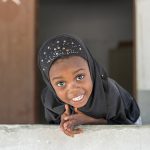
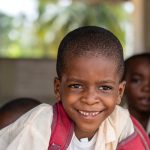
With a median age of 18 years in Tanzania, children represent a large majority of its population who faces tremendous challenges and are directly affected by poverty and essential children rights being violated such as the right to education.
Population: 59.5 million
Pop. ages 0-14: 44,1%
Life expectancy: 64 years
Under-5 mortality rate: 53 ‰
Tanzania at a Glance
Tanzania gained its independence from the United Kingdom in 1961 and has formed since 1964 the United Republic of Tanzania with Zanzibar. Despite this autonomy, Tanzania fought again for its independence from the Ugandan troops who colonized the north-western part of Tanzania in 1979.
Tanzania is divided into 26 regions – 21 on the mainland and 5 in Zanzibar. The president and the national assembly are elected concurrently by direct popular vote for a 5 years period and since 2000 ensuring that 30 percent of women occupy leadership positions in all government structures. But its colonial legacy has had an impact on the extent of inequality still experienced by most Tanzanians today.
Also, Tanzania, shares its borders with eight countries (Burundi, the Democratic Republic of the Congo, Kenya, Malawi, Mozambique, Rwanda, Uganda and Zambia) hosts a large number of refugees fleeing from conflicts in neighbouring countries.
Status of Children’s Rights [1]
Tanzania demonstrated regular commitment to children’s rights protection and ratified the Convention on the Right of the Child in 1991 and in 2009 passed a bill known as the Law of the Child Act which effectively domesticated the UN Convention of the Right of the Child and provided the legal framework through which the rights of the country’s children can be protected.
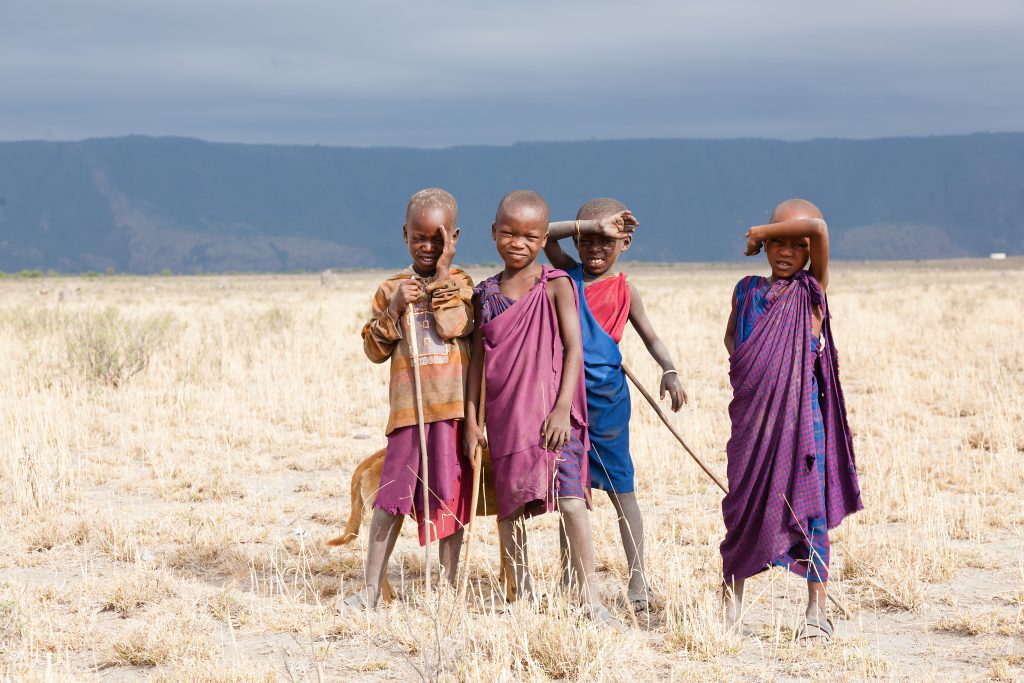
Also, its judicial system worked towards reinforcement of children’s rights over aging law. As a matter of fact, child marriage was ruled by the Law of Marriages Act from 1971 that allowed girls to marry at the age of 14 with the consent of the court or from the age of 15 with the consent of their parents. But hope appeared in 2016 when Tanzanian High Court judgement ruled these provisions unconstitutional and directed the government to raise the legal age of marriage to 18 years for both girls and boys.
The government took further steps in the protection of children by issuing new provisions. In 2016, the parliament made illegal for anyone to marry primary and secondary school girls under any circumstances, the offender would be charged with 30 years jail terms. However, with the analysis of different children’s rights aspects we saw that they are not set in stones and that political measures could annihilate the past efforts to guaranty and integrate the Convention on the Rights of the Child principles.
Addressing the Needs of Children
Right to Health
The Tanzanian National Health Policy prescribes the health services provision for Tanzania Mainland only (with 106 districts) – and not Zanzibar. The National Health Policy is driven by the objective of providing access to quality primary health care for all its citizens with three main focus, reproductive and child health, control of communicable and non-communicable diseases and treatment of common conditions of local prevalence within the district.
Tanzania is receiving support from various organizations to strengthen its health support to the population and it has made progress addressing child mortality and developing children’s right to heath through high coverage of childhood vaccinations, a strong malaria prevention and treatment program (USAID, 2018). By implementing those measures, Tanzania under-five mortality rate has decreased from 166 deaths in 1990 to 57 deaths per 1.000 live births in 2017.
Thanks to various measures taken between 2007 and 2011, malaria affected only 9% of young children instead of 18% (UNICEF, 2014). The Government also took actions to develop access to water, sanitation and hygiene facilities for Tanzania’s children though large-scale water and sanitation projects implemented on the Mainland and in Zanzibar.
Nonetheless, Tanzania remains a country highly affected by HIV/AIDS and around 1.3 million people aged over 15 and around 91,000 children below this age are living with HIV/AIDS-related illnesses.
Right to Education
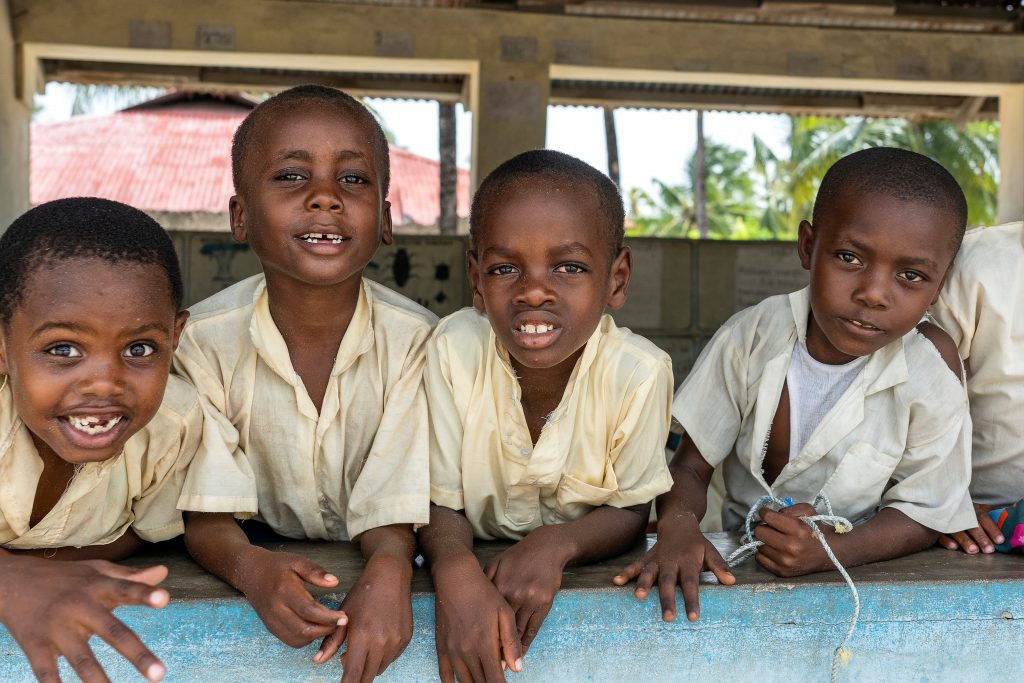
With the ratification of the Convention on the Rights of the Child, Tanzania provided for free and compulsory education from primary level to secondary education, thanks to the Universal Primary Education Policy of 1995 and the Primary Education Development Program of 2002. Yet, with its Global Initiative on Out-of-School Children published in 2018, UNICEF Tanzania estimated that about 3.5 million of school-aged children and adolescents were not in school.
SOS Children Villages estimated that 1,300,000 children are orphans in Tanzania, mainly due to HIV. Great support is provided by local community to Most Vulnerable Children (MVC), a more generic term to reduce stigma associated with the general term of Orphaned and Vulnerable Children (OVC) which is generally associated with AIDS orphans. MVC are defined by the Tanzania Ministry of Social Welfare as children who are living in extreme poverty, without adequate adult supervision, or outside of family care. The volunteer women called “Mama Mkubwa” are relatives or neighbours and offer cares to the MVC.
The child remains in its family networks and local community structure and he or she is also supported to continue attending school. The government launched in 2008-2009 the National Action Plan on Care, Services, Training and Protection of Vulnerable Children which aimed at providing basic services including health care, food, shelter, psychological and legal services and education (FHI 360).
Various studies, among them one conducted by UNICEF mentioned that education in Tanzania was a serious impediment to early marriage and women with a secondary education were 92 percent less likely to be married by the age of 18 than women who had attended primary school only (UNICEF, 2007).
Unfortunately, the right to education is not yet guaranteed. As a matter of fact, in 2017 the President Magufuli banned pregnant girls and young mothers from attending school. Although this discrimination is not recent, according to a report from the Centre for Reproductive Rights, more than 55,000 pregnant students were expelled or forced to drop out of school from 2003 and 2013.
Right to Identity
The right to identity is stated in the Convention on the Rights of the Child in its Article 8 as the right of nationality, name and family relations. It also represents an invaluable tool in enforcing human rights laws preventing child marriage, child labour, and trafficking.
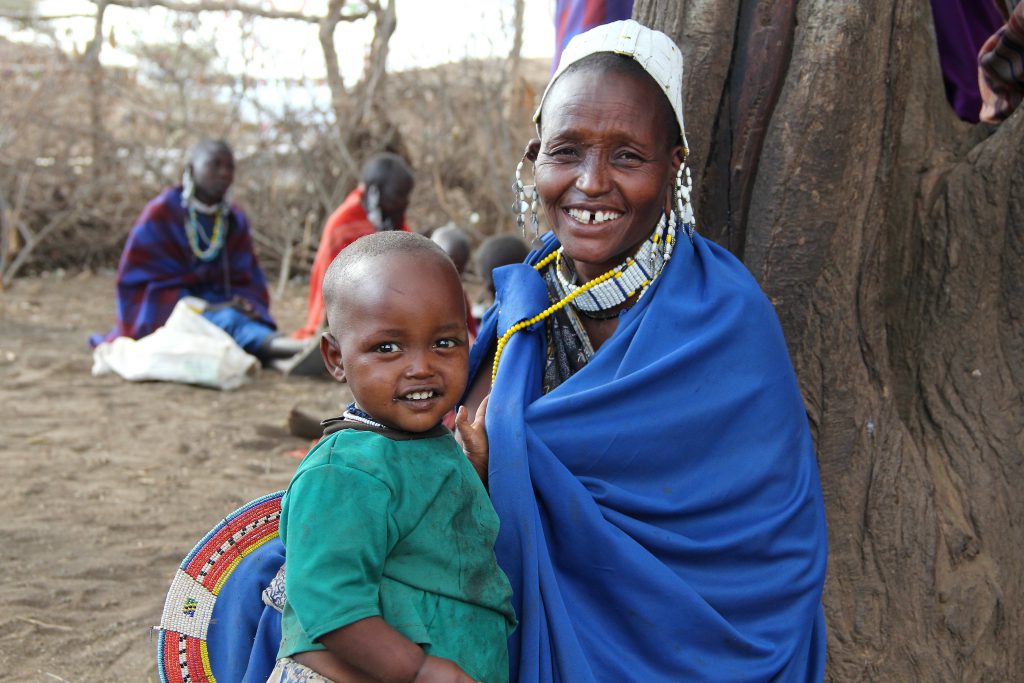
In 2009, with the Law of the Child Act, Tanzania made birth registration mandatory. Tanzania has a well-developed births and deaths registration structure, through it Births and Deaths Registration Act with a legal obligation to register the birth of a child and a birth certificate issued as a result of birth registration. It is often required to access educational and economic opportunities. Prior to 2010, only 16 percent of children’s births were registered and only 8 percent of children had birth certificates (UNICEF, 2013).
But between 2010 and 2015, only 26 percent of children under age 5 were at least partially registered (WOOD, 2019)
Risk factors -> Country-Specific Challenges
Violence and Children
The government issued a five-year National Plan of Action to End Violence Against Women and Children from 2017-2021 which encompass 8 different plans of actions to address preventing violence against women children and gender-based violence.
This plan aims at gathering best practices, lessons learned and new innovative measures to address violence against women and children in Tanzania. Although, in order to implement this plan, there is a need of financial resources, a 2011 Public Expenditure Survey estimated that only 0.1 per cent of the resources in key ministries at the national level were allocated to child protection. Despite those measures, violence against children are still prevalent in Tanzania. The NGO “Legal and Human Rights Centre” issued a report in 2018 stating that more than 6.000 violence against children were reported to the police.
Sexual violence against children is a serious concern in Tanzania. According to the WHO Multi-country Study on Women’s Health and Domestic Violence, 11% of women reported sexual abuse before the age of 15 (WHO, 2005). The specificity of Tanzania is the lack of uniformed definitions and measurements of abuses during childhood which reduces the ability of stakeholder to elaborate informed policies. The Oak Foundation revealed that there is also a need to support children in developing healthy relationships perspective as 68% of adolescents in the study mentioned that it is okay for them, a boy or a girl, to be asked to have sex by a relative in exchange for money or a gift (Oak, 2019).
Orphans and street children are also at a higher risk of being subject to violence which can include emotional, physical and reproductive health problems, lack of access to food, shelter and education. Street children reported having been significantly more violated and abused.
Child Labour
There is minimal advancement on child labour made by Tanzania almost 30% of children from 5 to 14 are working and 94% of them are working in the agriculture sector. Child labour continues to affect an estimated of 4.2 million children aged from 5 to 17 years old.
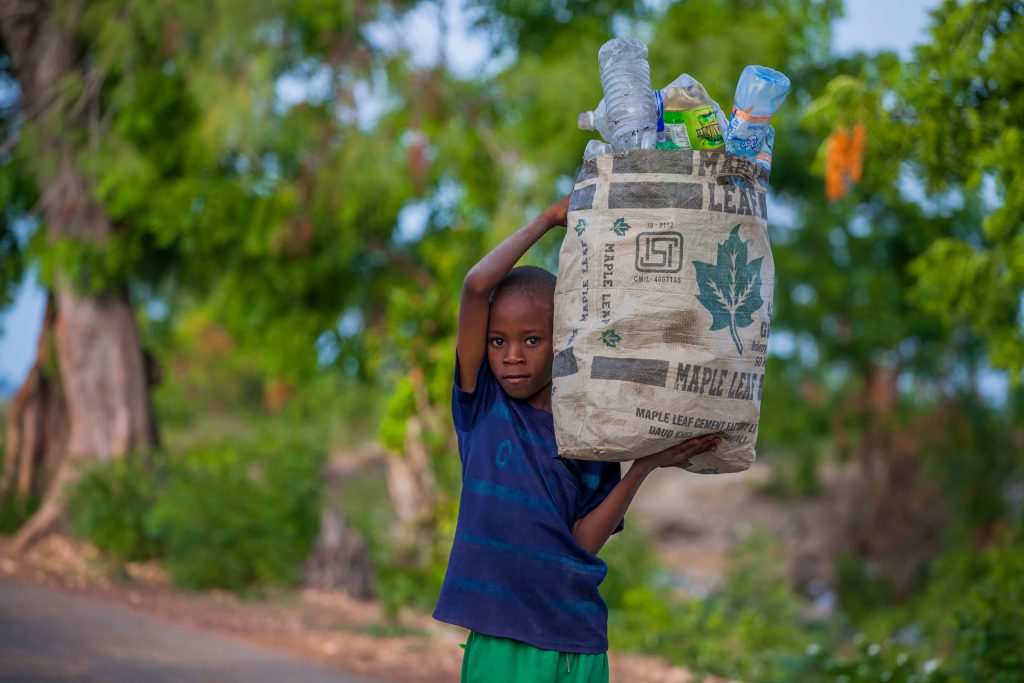
Although Tanzania adopted several national plans to end child labour, a National Action Plan on the Elimination of Worst Forms of Child Labour in 2009 and a National Strategy on the Elimination of Child Labour for 2018-2022. Tanzania and the semi-autonomous Zanzibar archipelago have different regulations and rules governing child labour. Tanzanian legislation allows children from age 14 to work which does not meet the international standard and Mainland does not clearly provide penalties for using children for illicit activities and does not have a hazardous work list to protect children.
Tanzania is the Africa’s fourth-largest gold producer. The mining industry especially the gold industry employs around 18% of children under the age of 15. Those sites use for 98% of them, highly toxic chemical to help extract the precious metal and makes children highly vulnerable to mercury poisoning as it causes severe neurological and developmental problems. Children are involved in every phase of the mining process, they dig, drill, crush the findings into powder and use mercury to attract the gold particles (HRW, 2013).
Written by Margaux Tordoir
Updated on 8 June 2020
References:
BERNARD NG’ONDI Naftali, (2012), Socio-demographic and service provision characteristics associated with primary school attendance among the Most Vulnerable Children in Tanzania.
Center for Reproductive Rights (2013), New report: Tanzania forces girls to undergo invasive pregnancy tests, expels pregnant students.
HENLEY R., et als, (2010) A survey of street children in northern Tanzania: How abuse or support factors may influence migration to the street
Human Rights Watch (2013), Tanzania: Hazardous life of child gold miners.
Human Rights Watch (2019), ODHIAMBO A., Victory Against Child Marriage in Tanzania.
ILO, 2018, Child Labour and the youth decent work deficit in Tanzania
MERKET H., (2019), Tanzania: small-scale mining map reveals vast potential and pitfalls, African Arguments,
OAK Foundation, (2019), Policy brief: adolescents’ perceptions of healthy relationships.
OHCHR (2015) Committee on the Rights of the Child Reviews report of Tanzania.
UNICEF (2013) Every Child’s Birth Right: Inequities and Trends in Birth Registration.
Report of Legal and Human Rights Center (2018)
Reuters (2016), KIZITO M., Tanzania launches crackdown on child marriage with 30 years jail terms.
The Guardian (2017), After getting pregnant you are done: no more school for Tanzania’s mums-to-be.
UNICEF (2005), Early Marriage a harmful traditional practice.
UNICEF (2007), Child Marriage and the Law, legislative reform initiative.
UNICEF (2014), Is Tanzania a better place for children?
UNICEF (2018), Global Initiative on Out-of-School Children, Tanzania Country Report.
USAID (2018), Maternaland child heath, Tanzania.
VAGI K., et als, (2016) Sexual violence against Female and Male children in the United Republic of Tanzania, in Violence Against Women, Vol.22, Issue 14, Sage journals.
WHO, Mid-level Health Workers, country case Tanzania.
World Health Organization (2005), Multi-country study on women’s health and domestic violence against women.
WOOD S., (2019), The bureaucracy of birth registration in Tanzania.
[1] This article by no means purports to give a full or representative account of children’s rights in Tanzania; indeed, one of the many challenges is the scant updated information on Tanzanian children, much of which is unreliable, not representative, outdated or simply non-existent.

